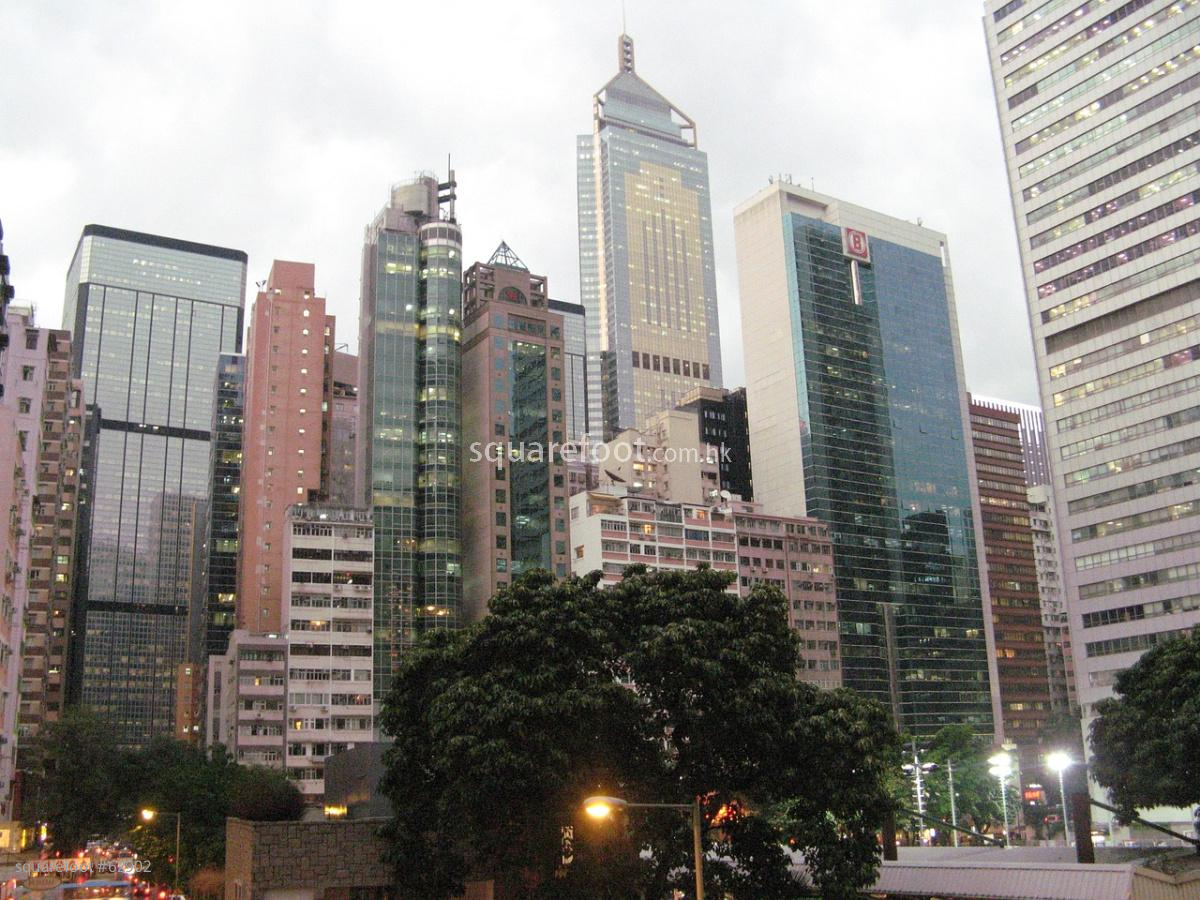- Home
- News
- Property Hit News
- Hang Seng Index Reflects Promising Dragon Year Returns Amidst Market Fluctuations
Over the last 55 years since the inception of the Hang Seng Index (HSI), the years of the dragon have consistently delivered an average return of 14 percent, as per a recent company report.
The report highlighted that during all four dragon years within this period, the HSI saw gains ranging from a modest 0.5 percent to an impressive 33.4 percent. The previous dragon year in 2012 ended with a 15 percent increase, buoyed by the relaxed monetary policies enacted by the world's leading central banks.
The dragon, revered within the Chinese zodiac as one of the 12 animals or shengxiao that signify yearly cycles, is set to make its entrance in two days. This transition bids farewell to the year of the rabbit, which is concluding with a substantial 24.44 percent decline in the benchmark index as of the last trading day.
Hong Kong's stock market is closing its third consecutive lunar year in the red, marking it as the most disappointing year of the rabbit on recent record, and notably, the poorest performer amongst all rabbit years.
In terms of stock performance correlated with the Chinese zodiac, the dragon year is positioned seventh among the 12 animals, based on the report's analysis.
The year of the rat has historically seen the topmost average returns at 46 percent. Notably, the HSI soared by more than double in 1972, amidst a speculative bubble, recording the best performance for any lunar year.
Conversely, the year of the snake witnessed the lowest average return, with a 12.9 percent decline in the HSI. The most significant drop occurred in 2001, a 32 percent plummet, which was largely attributed to the burst of the dot-com bubble.
In a recent turn of events, share buybacks by Hong Kong and Chinese firms have reached a three-year peak. In January, companies from mainland China and Hong Kong invested 14 billion yuan (approximately HK$15.32 billion) and HK$21 billion, respectively, in share repurchases, hitting the highest levels since 2021 when Bloomberg started tracking this data.
Yesterday, the Hang Seng index closed at 16,081 points, a slight decrease of 0.34 percent, with the main board turnover shrinking to HK$103.63 billion.
Meanwhile, the Shanghai Composite Index experienced a rise of 1.44 percent, and the Shenzhen Component Index saw an even greater increase of 2.93 percent.
In individual stock news, China Traditional Chinese Medicine (0570) shares surged by 9.94 percent to HK$3.43 yesterday amidst reports that Sinopharm (1099) is considering a buyout of the Hong Kong-listed company. Currently, Sinopharm holds a stake of approximately 32 percent in the business.
Like
| Property Type | Price | Ads Period |
|---|---|---|
| For Sale Property | ||
Normal Listing Typical One | HKD:1000 (or Hsemoney:1000) | Valid:90 days |
Golden Top Listing Higher position than Top listing 2-3times better performance | HKD:3000 (or Hsemoney:3000) | Valid:60 days |
| Rental Property | ||
Normal Listing Typical One | HKD:1000 (or Hsemoney:1000) | Valid:80 days |
Golden Top Listing Higher position than Top listing 2-3times better performance | HKD:3000 (or Hsemoney:3000) | Valid:60 days |
